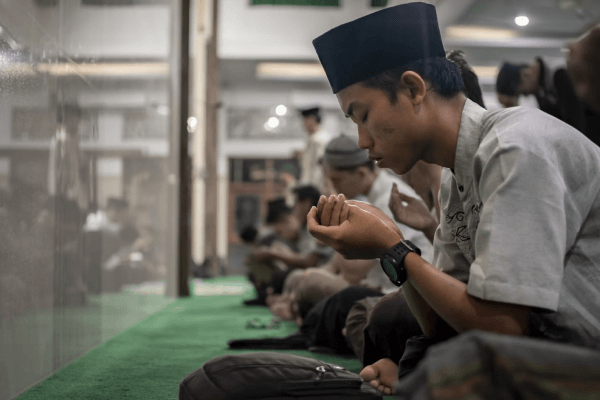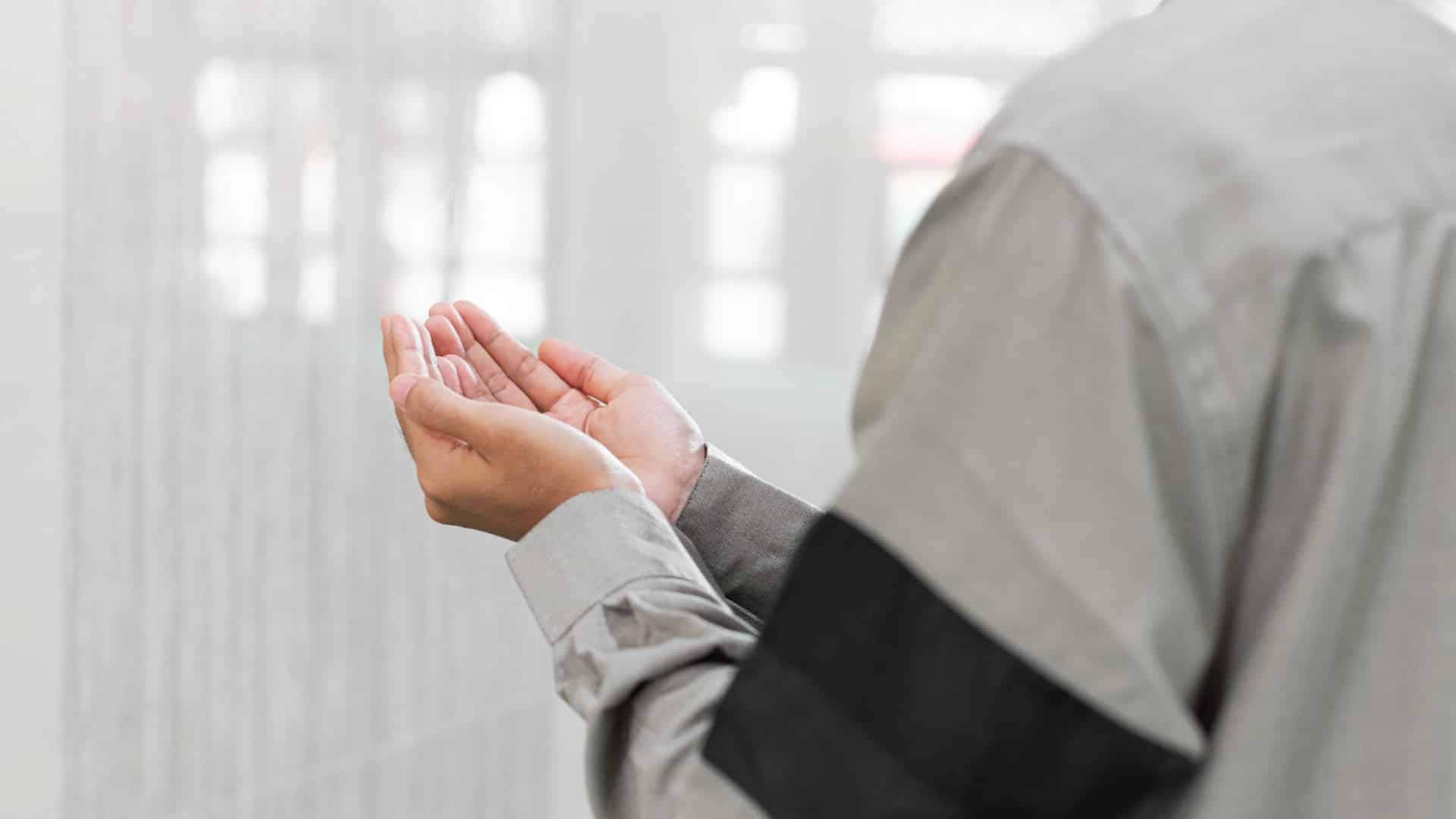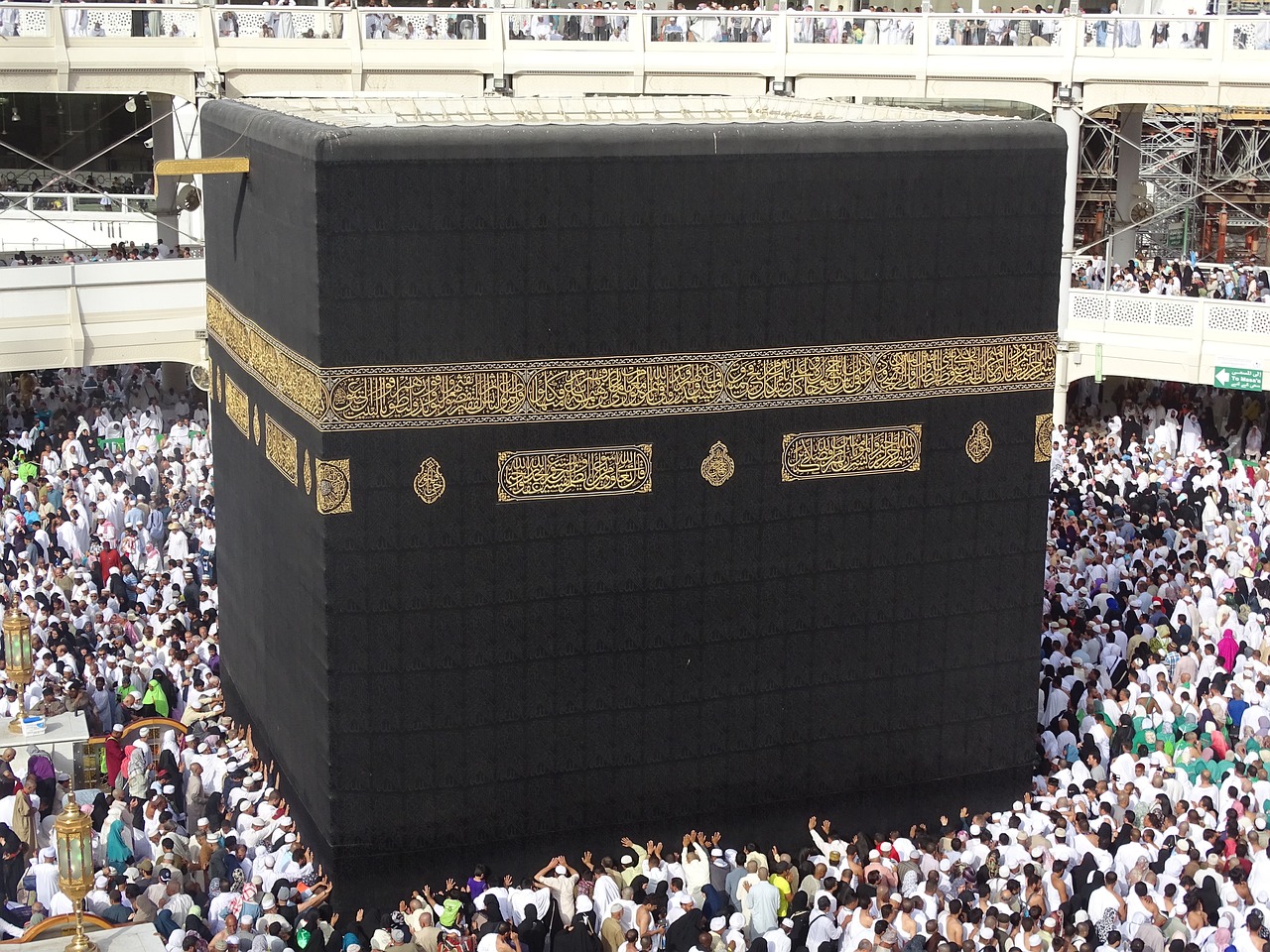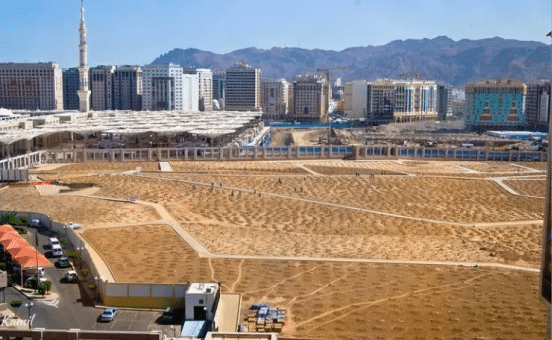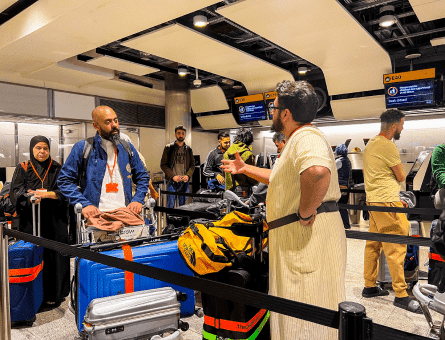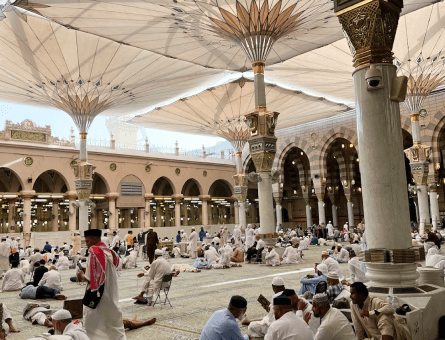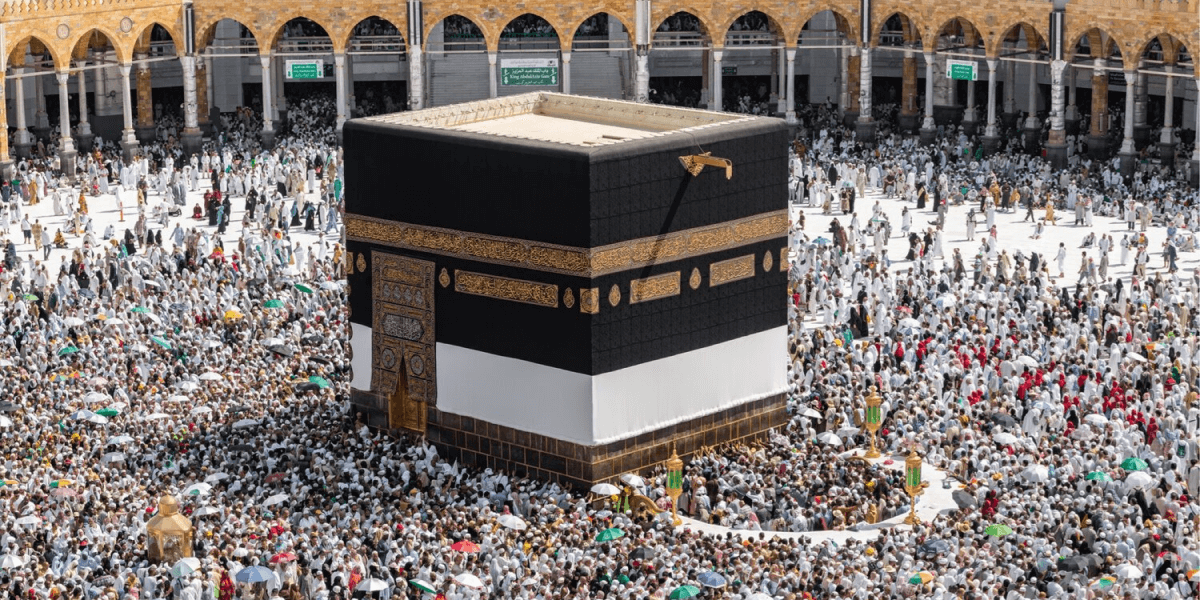21 Fascinating Facts About Umrah – Minor Islamic Pilgrimage
Umrah is the beautiful Sunnah of the Messenger (PBUH) of Allah SWT. It entails visiting the Holy Kaaba and can be performed any time of the year.
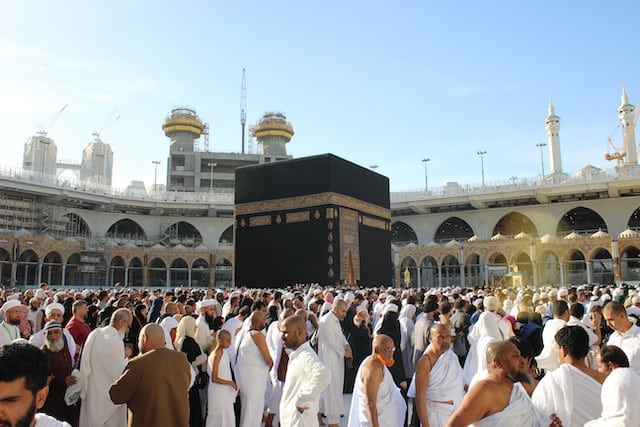
Umrah is a spiritual journey undertaken by millions of Muslims every year to seek the forgiveness of Allah SWT, thank the Almighty for His blessings, pray for their needs, and renew their faith.
Muslims who make the trip to the city of Makkah to perform Umrah are considered to be sanctified of their sins.
When asked about the importance of Umrah, Ibn Abbas (RA) narrates that Prophet Muhammad (PBUH) said, “Perform Hajj and Umrah consecutively; for they remove poverty and sin as bellows remove impurity from iron.”
Holding the miraculous power to change your life forever, Umrah is an emotionally and physically demanding journey that allows you to connect with Allah SWT and find your true self.
Keep reading to learn 21 lesser-known and interesting facts about Umrah.
What Is Umrah in Islam?
Umrah can be defined as the pilgrimage to the House of Allah SWT in Makkah, Saudi Arabia. Also known as the lesser pilgrimage or minor pilgrimage, Umrah is a non-obligatory and simpler version of Hajj and can be performed at any time of the year.
Umrah gives Muslims a chance to repent for their sins and cleanse their soul in the Holy Kaaba.
Difference Between Umrah and Hajj
The major difference between both pilgrimages is that while Hajj is compulsory for those who are financially stable and physically fit, Umrah is voluntary. An important Hajj fact is that it is one of the five pillars of Islam and can only be performed in the last month of the Islamic calendar, between the 8th and 13th Dhul-Hijjah.
On the other hand, you can perform Umrah at any time of the year. While it will take you 2 to 3 hours to perform Umrah, completion of Hajj takes 5 to 6 days. The rituals of Hajj include Ihram, Tawaf, Sai, Waqfat, Qurbani, Rami of the Jamarat, and Tawaf al-Ifaadaf.
Whereas in order to complete Umrah you need to perform the following rituals Ihram, Tawaf, Sai, and Tahallul. Compared to Umrah, Hajj is a more complex ritual.
What Is the History of Umrah?
According to Islamic history, the first Umrah was performed by Prophet Muhammad (PBUH) after migration to Madinah on 24th September 622 CE. Six years later, Prophet Muhammad (PBUH) saw a dream in which he was performing Umrah.
The next day, the Messenger (PBUH) of Allah SWT discussed the dream with his companions (Sahabah Karam). They decided to go on an expedition to Makkah to perform Umrah.
In 628 CE, Prophet Muhammad (PBUH), along with 1400 companions, marched towards Makkah. However, when the pagan Quraysh heard the news, they misinterpreted the Muslim caravan for an army.
On approaching the gate of Makkah, Prophet Muhammad (PBUH) sent an emissary to the leaders to clarify that they come in peace and are only here to perform the lesser pilgrimage.
However, the Quraysh asked the Muslim caravan to wait at Hudaibiyah. A negotiation took place between the leaders of Quraysh and Prophet Muhammad (PBUH), and both parties signed the famous 10-year peace treaty of Hudiabiyah.
As per the terms of the treaty, the Muslim caravan was asked to return to Madinah and was permitted to come back the next year to perform Umrah.
How Long Is Umrah?
All Umrah packages are designed keeping in mind the comfort, health, time, and hospitality of the pilgrims. Generally, the duration of the package for Umrah can vary between 7 and 30 days.
However, because Umrah is very easy, a pilgrim can perform it in less than a day, depending on how long you take to perform the Tawaf, Sai, and other obligatory rituals.
What Is Umrah Famous For?
Prophet Muhammad (PBUH) often referred to Umrah as a “Quick Fix” for those who cannot perform Hajj. Umrah pilgrimage is a divine experience that offers Muslims the opportunity to refresh their souls, seek forgiveness for their sins, purify their minds, and renew their faith.
Prophet Muhammad (PBUH) said, “The performers of Hajj and Umrah are deputations of Allah Almighty. If they call Him, He answers them, and if they seek His forgiveness, He forgives them.”
Abu Hurairah (RA) narrates that Prophet Muhammad (PBUH) said, “From one Umrah to another is expiation for what comes in between, and ‘Hajj Al-Mabrur’ brings no reward less than Paradise.”
Thus, if you feel lost in life, performing Umrah will help you in finding the light of truth, hope, and guidance.
21 Facts about Umrah
To make sure that you don’t make any amateur mistakes while performing the lesser pilgrimage, we have compiled a list of some interesting facts about Umrah.
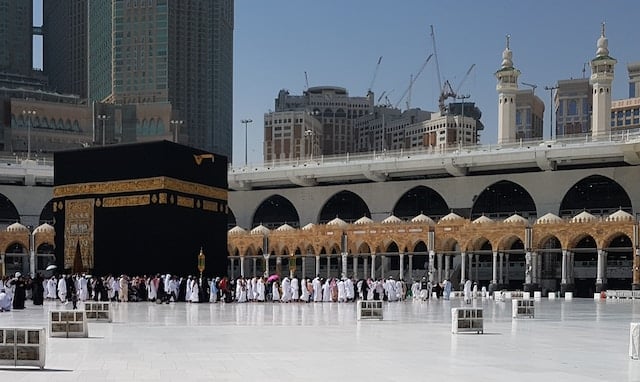
Learning the below-mentioned Umrah facts will help you in understanding the meaning of every Umrah ritual and ensuring that you perform it following the Sunnah of our beloved Prophet Muhammad (PBUH):
-
Umrah is an Arabic word that literally means “to visit a populated place.”
-
People performed Tawaf (the act of circumambulating) around the Holy Kaaba even before the religion of Islam came into existence.
-
Prophet Muhammad (PBUH) was the first person to perform Umrah in 629 CE, along with 2000 Muslim followers. The Messenger (PBUH) of Allah SWT performed the lesser pilgrimage four times during his life.
-
The rituals of Umrah date back to the era of Prophet Muhammad (PBUH) and are a composition of several pre-Islamic ceremonies.
-
The Holy Kaaba has been demolished and reconstructed several times throughout Islamic history. The foundation of the Holy Kaaba was first laid by Hazrat Adam (AS), and the structure that we see today was constructed by Hazrat Ibrahim (AS) and his son Hazrat Ismail (AS).
-
The best Umrah is the one that is performed during Ramadan. Prophet Muhammad (PBUH) said, “Perform Umrah in the month of Ramadan, (as it is equivalent to Hajj or Hajj with me (in reward).”
-
The Holy Kaaba is the house of Allah SWT. Thus, all the pilgrims performing Umrah are considered guests of the Almighty.
-
Muslims are not allowed to perform the rituals of Umrah in ordinary clothes. Both women and men must wear an Ihram. For men, the Ihram clothing is wrapping two pieces of unstitched white clothes around their body, ensuring that it covers their legs to the knees and their chest. On the other hand, for women, Ihram is any modest outfit that covers their entire body and hair, leaving their face and hands.
-
Pilgrims should be in the state of Ihram before crossing the lines of Miqat, which includes Al-Juhfah (Rabigh), Dhul-Hulayfah (Masjid ash-Shajarah), Dhat Irq (near As-Sayl al-Kabir), Yalamlam (near Ash-Shafa), and Qam al-Manazil (As-Sayl al-Kabir).
-
There are two types of Umrah:
-
Umrah al-Mufradah can be performed at any time of the year except for Dhul-Hijjah.
-
The rituals of Umrah al-Tamattu can only be carried out during the month of Hajj (Dhul-Hijjah).
-
A pilgrim isn’t allowed to change their Niyyah once they are in the state of Ihram. They must make their Niyyah for Umrah before wearing the Ihram.
-
The ritual of Sai is carried out to commemorate the struggles of Hajra (RA), the wife of Prophet Ibrahim (AS). Hajra (RA) ran between the hills of Safa and Marwa seven times to quench Prophet Ismail’s (AS) thirst.
-
The spring of Zamzam is a miracle of Allah SWT. The well sprang out as a result of little Prophet Ismail (AS) rubbing his feet in the middle of a desert in Makkah. Hajar (RA) named the well “Zamzam” when she said “Zome Zome” to cease the flowing water.
-
Maqam-e-Ibrahim is the stone on which Prophet Ibrahim (AS) stood while constructing the Holy Kaaba. It is believed that the sacred stone softened and has the footprints of Prophet Ibrahim (AS) engraved on it. Pilgrims must offer two rakats of nafl at Maqam-e-Ibrahim after performing Tawaf.
-
After the completion of Umrah, pilgrims must perform the ritual of Halq and Taqsir. Males should shave their heads. In comparison, women must cut their hair equivalent to the length of a fingertip.
-
In case a man does not have hair on his head. Even then, he must clean the scalp using a razor.
-
Even though the rituals of Umrah are simple, humans are bound to make mistakes. Allah SWT has created a system of Fidya (Penalty) to make up for the intentional and unintentional mistakes made during Umrah. The three types of Fidya include Sadaqah, Damm, and Badanah.
-
Women under 45 years of age should go for Umrah with a mahram.
-
Women over the age of 45 are now allowed to perform Umrah without a mahram. However, they must travel in a group comprising women and should stay at a safe distance from men.
-
Pilgrims must limit their use of mobile phones or any digital device during Umrah. Doing so will help them in focusing their energy and concentration on the rituals of the lesser pilgrimage.
-
The visa issued for Umrah or Hajj specifies the time period that the pilgrim is allowed to stay in Saudi Arabia. In case of overstaying, the pilgrim will be charged a fine of 50,000 SAR, six months of incarceration, and even deportation.
Umrah Quotes – Umrah Mubarak Wishes
Has someone you know recently been blessed with the opportunity to perform Umrah? Here is some Umrah Mubarak wishes to showcase your love and congratulate them:
“May Allah today grant all your wishes. May Allah SWT flood your life with happiness and joy with this Umrah. Wishing you a happy Umrah!”
“Umrah Mubarak! May Allah hear and answer all of your prayers of self-reflection and forgiveness, and may you find peace and pleasure in your heart.”
“O Allah SWT, I ask You to grant my friend the ability to perform Umrah with sincerity.”
“May Allah SWT bless you with health, happiness, and success in this life and the hereafter, Ameen. Umrah Mubarak!”
“May your Umrah be a means of drawing closer to Allah SWT, and may He shower His blessings upon you and your family. Umrah Mubarak!”
“Your Umrah is a symbol of your faith, devotion, and love for Allah SWT. May He reward you with His bounties and blessings. Umrah Mubarak!
“May your Umrah journey be a life-changing experience that fills your heart with love and gratitude for Allah SWT. Umrah Mubarak!”
Summary – Facts About Umrah
Umrah is a non-obligatory Islamic pilgrimage that you can perform any time of the year. Umrah is a significant and sacred milestone for Muslims and a time of happiness and joy.
The minor pilgrimage is the test of one’s faith, perseverance, and patience. So, if you have got the once-in-a-lifetime chance to perform Umrah, use this opportunity to ask Allah SWT for forgiveness and become a better person.
Through His Names
New course with
Ustadh Shabbir Hassan




